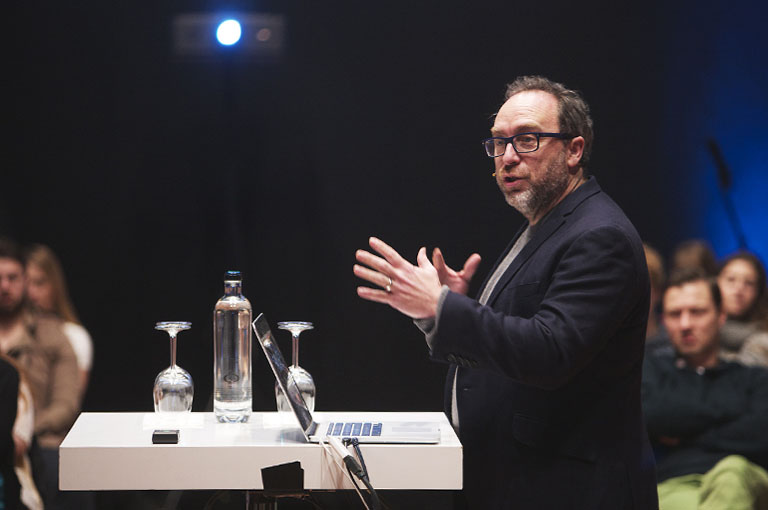What is news?
There are a number of criteria that a topic must satisfy for it to be considered newsworthy enough for the media to pick up:
- News is current. A publication that is a month old is generally no longer news, unless there are good reasons to seek the press a month after publication and unless the subject also meets criterion 2:
- It is important for a large group of people. News about cardiovascular disease is more often picked up by the media than news about conditions that are much more rare. The probability that the target audience can identify with the news is greater for cardiovascular disease (everyone either knows a heart patient or perhaps is one himself/herself).
- At the same time, a rarity can also be news. Something that differs from the norm is news. Dog bites man is not news; man bites dog is news, so to speak.
- Unless of course it is about President Obama, who is bitten by the dog. Famous people stand out, even in the media. So if Obama is speaking at your academic conference in Maastricht, you have news.
- That news is even greater if Obama ultimately decides not to come to Maastricht because he has been in conflict with Mayor Onno Hoes. Conflict is news.
- The regional media will cover this conflict more than the national or international media: what happens nearby is more newsworthy than what happens far away. This also explains why the regional media are usually the most inclined to pick up Maastricht University press releases.
- Emotion and human interest are also newsworthy. A PhD defence committee with only relatives of the candidate may be newsworthy. Even if the research itself cannot be understood by a wide audience.
At point 1, a multiplier effect comes into play. If today a professor at Tilburg commits fraud with research data, the media are particularly interested if another fraud appears to be unmasked in Maastricht tomorrow.

A note for all seven points: news is subjective. There is no objective yardstick that guarantees that if your topic scores well on several points, it is guaranteed on the front page of the newspaper. Everything depends on the editor who assesses your topic (according to a press release or via personal contact, for example), and the other possible news topics at the time. All you can do is to describe your message as well as you possibly can, use the proper channels to send it to the media that are expected to have interest in the topic, and possibly invest in a network of media. The Maastricht University press officers can help you with this.
What to do when you have possible news
If you think you have news or you want to contact the media for another reason, you should contact the Maastricht University press officers as soon as possible.
They can assess whether your message is indeed newsworthy, and especially how you can best approach the media. In some cases, a press release is the best way; sometimes inviting a few journalists to your lab is a good idea. In other cases, you can try to pitch an exclusive interview with NRC Handelsblad, or perhaps the best way is just to tweet about your ‘news topic’.
Also, writing an opinion piece can bring the message to light and even trigger other media to call you. Opinion pieces are particularly suited to sharing your views on a subject that is already current in the media at that time.
No news...
It may also be that the press officers determine, based on their experience and instinct (because there are no objective parameters), that your topic is not a news item. That is also more difficult for you to assess than for an outsider (such as a press officer); you can rely on their expertise. The argument ‘nothing ventured, nothing gained’ does not apply in the world of media relations. It can rather be compared to the boy who cried wolf (i.e. if UM sends dozens of press releases each week to large groups of media, eventually journalists will stop reading all UM press releases because they think, ‘there's UM again crying news at the drop of a hat’).
A symposium or academic conference is not news in and of itself, unless something that is presented is newsworthy (see: What is news). Also, starting research is rarely news; journalists are more interested in the results, unless the research methodology or the topic is newsworthy (i.e. the lab-grown burger).